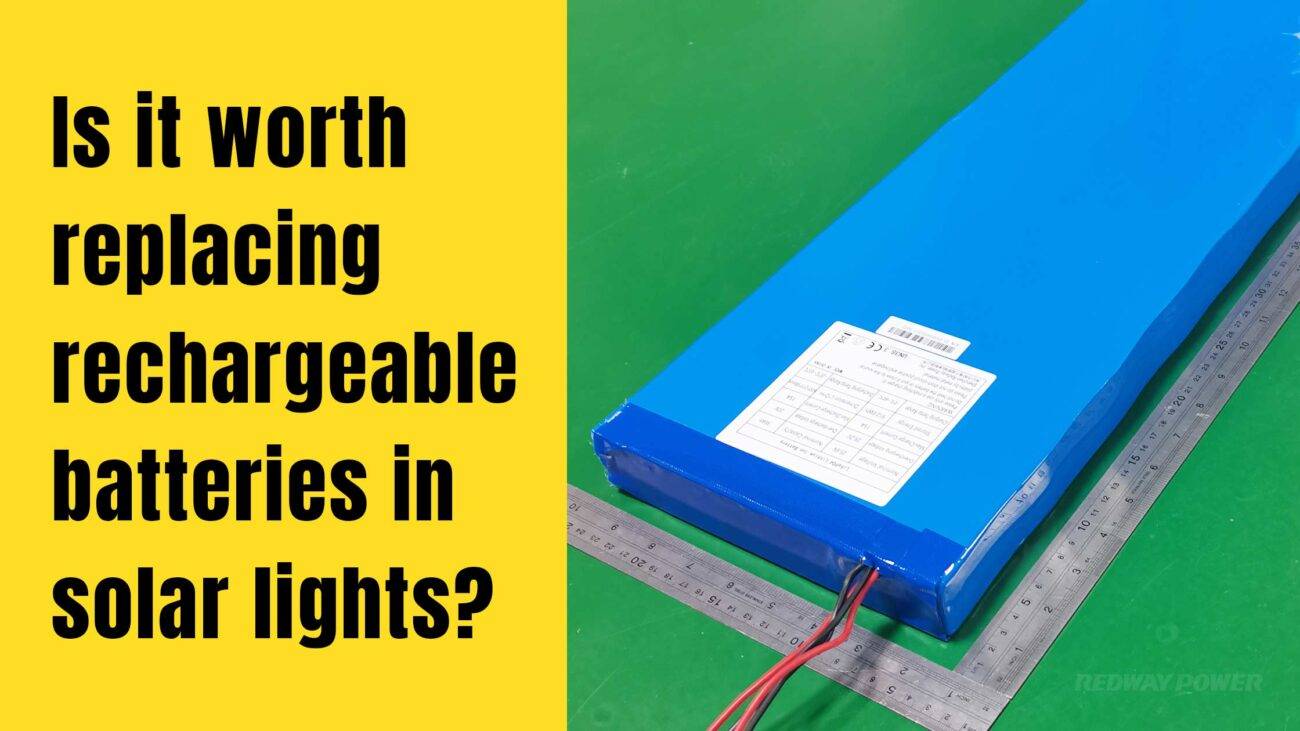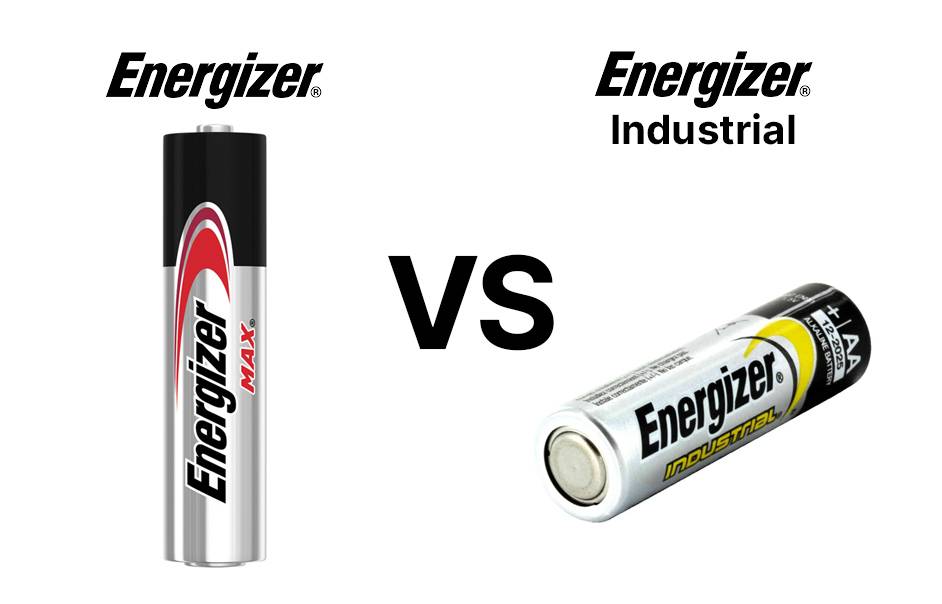- Forklift Lithium Battery
-
48V
- 48V 210Ah
- 48V 300Ah
- 48V 420Ah (949 x 349 x 569 mm)
- 48V 420Ah (950 x 421 x 450 mm)
- 48V 456Ah
- 48V 460Ah (830 x 630 x 590 mm)
- 48V 460Ah (950 x 421 x 450 mm)
- 48V 460Ah (800 x 630 x 600 mm)
- 48V 460Ah (820 x 660 x 470 mm)
- 48V 500Ah
- 48V 560Ah (810 x 630 x 600 mm)
- 48V 560Ah (950 x 592 x 450 mm)
- 48V 600Ah
- 48V 630Ah
-
48V
- Lithium Golf Cart Battery
- 12V Lithium Battery
12V 150Ah Lithium RV Battery
Bluetooth App | BCI Group 31
LiFePO4 Lithium
Discharge Temperature -20°C ~ 65°C
Fast Charger 14.6V 50A
Solar MPPT Charging - 24V Lithium Battery
- 36V Lithium Battery
- 48V Lithium Battery
-
48V LiFePO4 Battery
- 48V 50Ah
- 48V 50Ah (for Golf Carts)
- 48V 60Ah (8D)
- 48V 100Ah (8D)
- 48V 100Ah
- 48V 100Ah (Discharge 100A for Golf Carts)
- 48V 100Ah (Discharge 150A for Golf Carts)
- 48V 100Ah (Discharge 200A for Golf Carts)
- 48V 150Ah (for Golf Carts)
- 48V 160Ah (Discharge 100A for Golf Carts)
- 48V 160Ah (Discharge 160A for Golf Carts)
-
48V LiFePO4 Battery
- 60V Lithium Battery
-
60V LiFePO4 Battery
- 60V 20Ah
- 60V 30Ah
- 60V 50Ah
- 60V 50Ah (Small Size / Side Terminal)
- 60V 100Ah (for Electric Motocycle, Electric Scooter, LSV, AGV)
- 60V 100Ah (for Forklift, AGV, Electric Scooter, Sweeper)
- 60V 150Ah (E-Motocycle / E-Scooter / E-Tricycle / Tour LSV)
- 60V 200Ah (for Forklift, AGV, Electric Scooter, Sweeper)
-
60V LiFePO4 Battery
- 72V~96V Lithium Battery
- Rack-mounted Lithium Battery
- E-Bike Battery
- All-in-One Home-ESS
- Wall-mount Battery ESS
-
Home-ESS Lithium Battery PowerWall
- 24V 100Ah 2.4kWh PW24100-S PowerWall
- 48V 50Ah 2.4kWh PW4850-S PowerWall
- 48V 50Ah 2.56kWh PW5150-S PowerWall
- 48V 100Ah 5.12kWh PW51100-F PowerWall (IP65)
- 48V 100Ah 5.12kWh PW51100-S PowerWall
- 48V 100Ah 5.12kWh PW51100-H PowerWall
- 48V 200Ah 10kWh PW51200-H PowerWall
- 48V 300Ah 15kWh PW51300-H PowerWall
PowerWall 51.2V 100Ah LiFePO4 Lithium Battery
Highly popular in Asia and Eastern Europe.
CE Certification | Home-ESS -
Home-ESS Lithium Battery PowerWall
- Portable Power Stations
Will Energizer Rechargeable Batteries Work in Solar Lights?

Energizer rechargeable batteries can be an effective choice for outdoor solar lights, particularly their Nickel-Metal Hydride (NiMH) options. These batteries offer good performance, longevity, and efficiency, making them suitable for powering solar lighting systems that rely on renewable energy.
What types of Energizer rechargeable batteries are suitable for solar lights?
Energizer offers several types of rechargeable batteries that can be used in outdoor solar lights:
- Energizer NiMH AA Batteries: These are commonly used in most solar light applications due to their capacity and efficiency.
- Energizer NiCd Batteries: While less popular today, they can still be found in some older models of solar lights.
- Energizer Lithium-ion Batteries: These are less common but may be used in higher-end or specialized solar lighting systems.
| Battery Type | Characteristics |
|---|---|
| NiMH | High capacity, efficient charging |
| NiCd | Durable but suffers from memory effect |
| Lithium-ion | Lightweight, high energy density |
How do Energizer NiMH batteries perform in outdoor solar applications?
Energizer NiMH batteries are particularly well-suited for outdoor solar applications due to their favorable characteristics:
- Capacity: They typically have a capacity ranging from 2000 mAh to 2500 mAh, allowing them to store sufficient energy for extended use.
- Self-discharge Rate: NiMH batteries have a lower self-discharge rate compared to NiCd, meaning they retain charge longer when not in use.
- Environmental Impact: They are more environmentally friendly than NiCd as they contain no toxic cadmium.
| Performance Metric | Energizer NiMH Batteries |
|---|---|
| Capacity | 2000 – 2500 mAh |
| Self-discharge Rate | Lower than NiCd |
| Environmental Impact | No toxic materials |
What are the advantages of using Energizer rechargeable batteries in solar lights?
Using Energizer rechargeable batteries in your outdoor solar lights offers several benefits:
- Cost Efficiency: Rechargeable batteries save money over time as they can be reused hundreds of times.
- Sustainability: Using rechargeable options reduces waste compared to single-use alkaline batteries.
- Performance: Energizer’s reputation for quality ensures reliable performance and longevity.
| Advantage | Description |
|---|---|
| Cost Efficiency | Reduces long-term battery replacement costs |
| Sustainability | Less environmental waste |
| Performance | Reliable and durable |
How do Energizer batteries compare to other brands for solar applications?
When comparing Energizer rechargeable batteries to other brands like Duracell or Eneloop, several factors come into play:
- Capacity: Energizer’s capacity ratings are competitive, often matching or exceeding those of similar products.
- Charging Cycles: Many Energizer products offer around 1000 charge cycles, similar to Eneloop but potentially lower than some premium options.
- Temperature Performance: Energizer batteries perform well in various temperatures, though some brands may have better ratings for extreme conditions.
| Comparison Metric | Energizer vs Other Brands |
|---|---|
| Capacity | Competitive with similar brands |
| Charging Cycles | Approximately 1000 cycles |
| Temperature Performance | Good but varies by specific model |
Why is it important to use compatible batteries in solar lights?
Using compatible batteries in your solar lights is crucial because:
- Voltage Requirements: Solar lights typically require specific voltage levels (usually 1.2V for AA and AAA). Using incompatible voltages can damage the system.
- Performance Optimization: Compatible batteries ensure that the system operates efficiently and provides adequate illumination during the night.
- Safety Concerns: Using incorrect battery types can lead to overheating or even fire hazards.
What factors should you consider when using Energizer batteries in solar lights?
When using Energizer rechargeable batteries in your outdoor solar lights, consider the following factors:
- Battery Size: Ensure that you select the correct size (AA or AAA) that fits your specific light model.
- Charging Method: Use a charger that is compatible with your selected battery type (NiMH or Li-ion).
- Temperature Range: Check if the battery can handle the temperature fluctuations typical of outdoor environments.
Factors Table
| Factor | Considerations |
|---|---|
| Battery Size | Ensure fit with light model |
| Charging Method | Use compatible chargers |
| Temperature Range | Check performance under outdoor conditions |
How can you maintain and prolong the life of your rechargeable batteries in solar lights?
To maintain and prolong the life of your rechargeable batteries:
- Regular Cleaning: Keep terminals free from dirt and corrosion.
- Proper Charging Practices: Avoid overcharging; use smart chargers if available.
- Storage Conditions: Store in a cool, dry place when not in use, especially during off-seasons.
Frequently Asked Questions
- Will Energizer rechargeable batteries work in all types of solar lights?
- Yes, as long as they match the required size and voltage specifications of your specific solar light model.
- How often should I replace my rechargeable batteries?
- Typically every 1 to 3 years depending on usage patterns and battery type.
- Can I mix different brands of rechargeable batteries in my solar lights?
- It’s best to avoid mixing different brands or types to prevent performance issues.
Industrial News
The market for outdoor solar lighting continues to evolve with advancements in battery technology improving efficiency and reliability. Recent trends include increased adoption of lithium-based solutions due to their safety features and longer lifespans compared to traditional options like NiCd and NiMH. Additionally, manufacturers focus on integrating smart technology into lighting systems, enhancing user control and energy management.
Redway Power Expert Views
“Energizer’s commitment to quality makes their rechargeable batteries a solid choice for outdoor lighting,” states an expert at Redway Power Technologies. “With proper maintenance, these batteries can significantly enhance the performance and longevity of your solar lighting systems.”




















